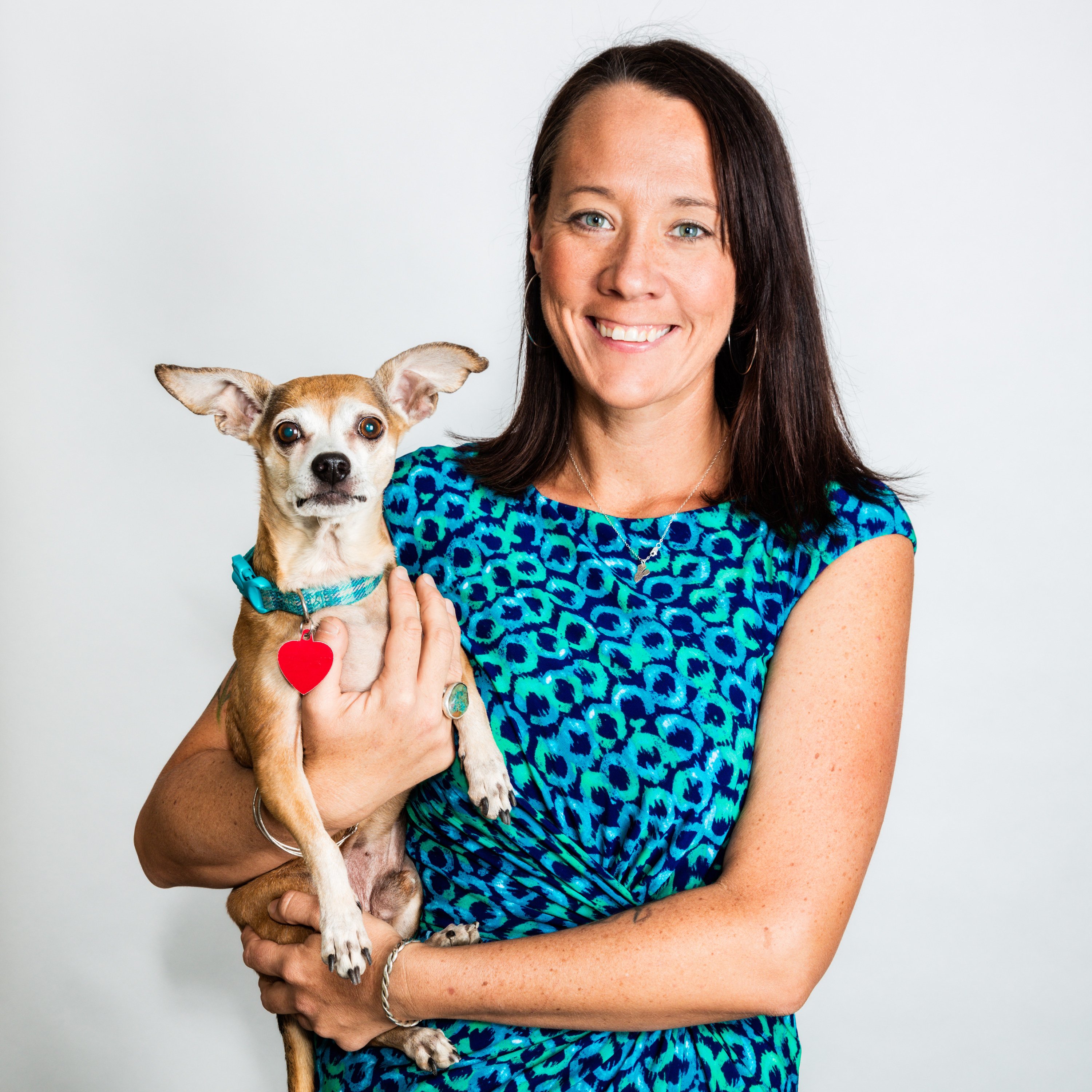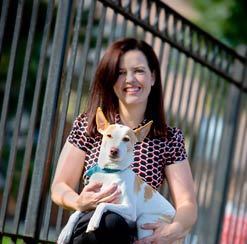
October 24, 2019 by Kristen Hassen-Auerbach, Director of Animal Services Pima Animal Care Center, Tucson, Arizona & Sheila Segurson, DVM, DACVB, Director of Research, Maddie's Fund
Audience: Executive Leadership, Public, Shelter/Rescue Staff & Volunteers, Veterinary Team
Healthy, medium and large dogs remain one of the most vulnerable populations in shelters. Whether they have known behavioral challenges or face decline due to the stress of near-constant confinement, savable dogs can face euthanasia if shelters are unable to find a safe, viable outcome option for them. In this two-part series, we'll talk about how to give most dogs a fair chance at a live outcome through following a simple, easy-to-implement protocol that can be practiced in any shelter or rescue. Using real-life examples, we'll show you how a case management approach to at-risk dogs can save lives, decrease length of stay, build trust and engagement with your community, and improve morale among staff and volunteers.
Part II. The Challenges of Saving Medium and Large Dogs in Shelters
Healthy, medium and large dogs pose unique challenges in animal sheltering. Housing young, energetic, intelligent dogs in kennels for 23 hours or more per day indefinitely leads to shelter stress and undesirable behaviors, which can put dogs' lives on the line. In this highly interactive webcast, we'll get into the details of how to make changes to better serve this at-risk population of shelter pets. We'll talk about real-life case studies, show how the process works in one, large municipal shelter and answer all your questions about what to do when it seems like there is no good answer. This webcast is the second in a two-part series but can be viewed on its own and will be useful to shelter leadership at all levels, volunteers, advocates and anyone else who struggles to save big dogs' lives.
This webcast has been pre-approved for 1 hour of Certified Animal Welfare Administrator continuing education credits by The Association for Animal Welfare Advancement.
Join us on Thursday, October 24th at 12pm Pacific/3pm Eastern for this free, informative 1-hour webcast by registering below.
Learn about Part 1 of this Webcast series.

About Kristen Hassen-Auerbach
Kristen Auerbach is the Director of Pima Animal Care Center, Pima County's only open-admissions animal shelter which takes in 17,000 homeless, lost and abandoned pets annually and serves 15,000 animals through animal protection and outreach services. Under her direction, PACC is saving more than 90% of the cats and dogs who come to the shelter including orphaned puppies and kittens, pets recovering from illness and injuries as well as animals who have been victims of cruelty or neglect. In 2017, she oversaw the opening of the newly constructed, state-of-the-art animal services facility. Under her leadership, PACC partners with hundreds of rescue and community groups and engages thousands of volunteers and foster families to help achieve its mission.
Kristen has received national recognition for her innovative, lifesaving programs. At PACC, she's created the largest pet foster care program in the United States, with nearly 5,000 animals sent to foster just this year. Because of the success of this program, PACC received a grant from Maddie's Fund® to lead a training initiative to learn about PACC programs and operations. Outside the shelter, Kristen has developed partnerships to build a community outreach program focused on providing resources for pets owned by people facing homelessness and extreme poverty. Kristen formerly served as the Deputy Director at Austin Animal Center in Austin, Texas as well as the Assistant Director at the Fairfax County Animal Shelter in Fairfax, Virginia.

About Sheila Segurson
Sheila Segurson, DVM, DACVB, Director of Research, Maddie's Fund®. After graduating from UC Davis School of Veterinary Medicine, Dr. Segurson worked as a general practice/emergency/shelter veterinarian at pet hospitals in California. Then, in 2005, Sheila graduated from Maddie's® Shelter Medicine Program at UC Davis, becoming the first in the nation to complete a three-year, post-graduate behavior specialty training program with an emphasis on shelter animals and shelter behavior programs.
She worked for several pet welfare organizations, including UC Davis Koret Shelter Medicine Program, The Sacramento SPCA, and the Animal Rescue League of Boston, where she developed and implemented enrichment/behavior modification programs.